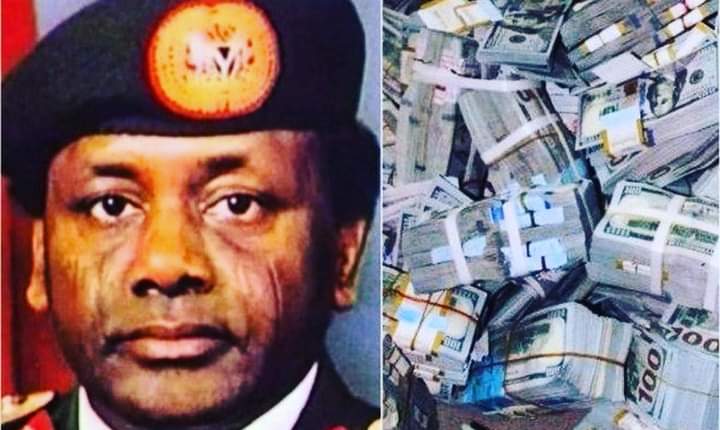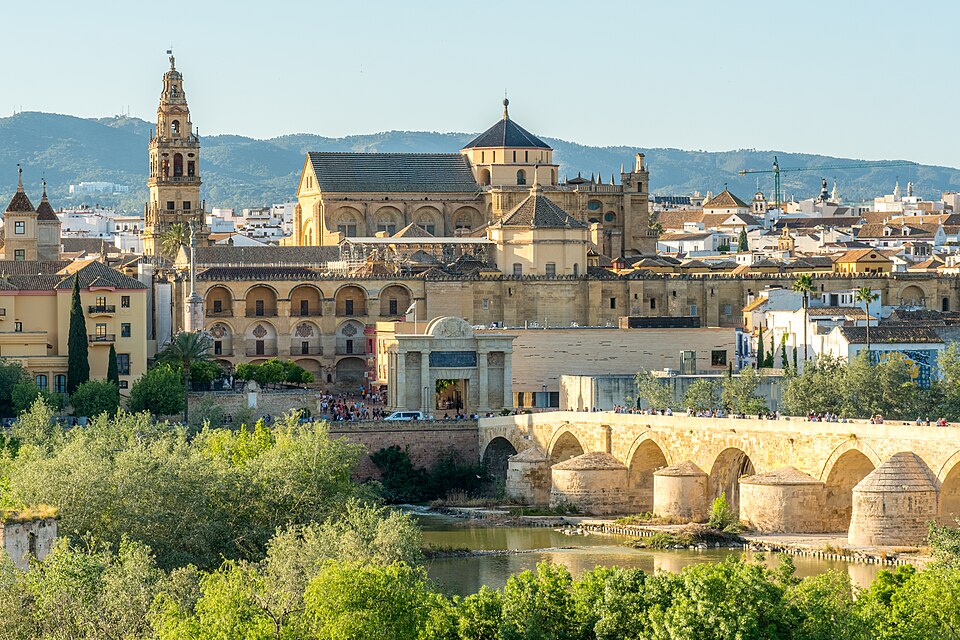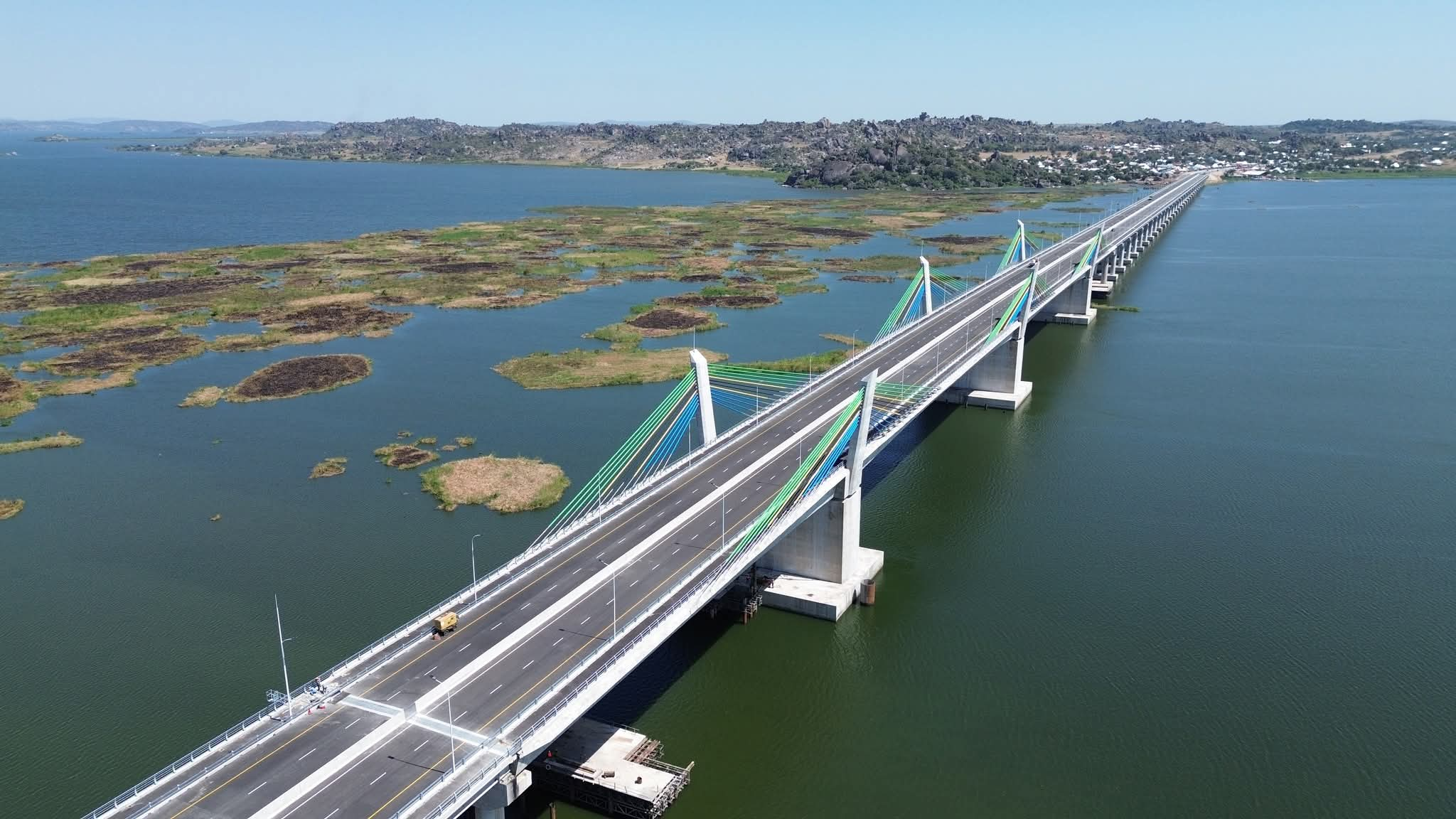The Loot of General Sani Abacha

Did you know General Sani Abacha of Nigeria made fourth on the year 2004 list of the 'Ten Most Self-Enriching Leaders' in the previous two decades and that his loot is yet to be fully recovered to date?
By the time he died of a heart attack in 1998, General Sani Abacha had reportedly stolen between US$3 billion and US$5 billion in his five years of governing Nigeria. He got money through dodgy bond deals, but also by simply taking tens of millions in cash from the Central Bank of Nigeria for “national security” projects. Nigerian officials have managed to reclaim a small part of the money through smart sleuthing and hard-fought legal battles. But the bulk of it remains missing, in part because he used anonymous shell companies to hide the money in countries around the world.
Going by the huge sums of money recovered from the General Sani Abacha looted funds, he has been named the "Ancestor of Nigeria" as every successive governments (except that of President Umar Musa Yar'Adua) after his death have been receiving part of the loot which Nigerians called "a generous donation from the land of the dead" as his loot was outrageous.
The recovered monies were principally stashed away in four major countries: Switzerland, Jersey Island in United Kingdom, United States and Liechtenstein. During the Abdulsalami era in 1999, $750 million was recovered. Under the Obasanjo administration, $1.2 billion was recovered in 2002; $149 million from Jersey Island, UK in 2003; $500 million recovered in 2004 from Switzerland and another $458 recovered in 2005 from Switzerland. During the Jonathan administration, $1 billion was recovered in 2012 and $380 million in 2015, both tranches from Switzerland. The Jonathan administration also recovered $227 million from Liechtenstein in 2014 and $48 million from the United States the same year.
The government of Buhari government recovered $322 million from Switzerland in 2017 and $308 million from Jersey Island, United Kingdom in February 2020 which is the most current. Of the four countries, Switzerland tops the list of recoveries. A total of about $2.6 billion of the funds so far repatriated to Nigeria was from Switzerland while the other recoveries came from UK and USA.
General Sani Abacha GCFR served as a Nigerian military head of state of Nigeria from 1993 until his death in 1998. He was also Chief of Army Staff between 1985 to 1990; Chief of Defence Staff between 1990 to 1993; and Minister of Defence. In 1993, Abacha became the first Nigerian soldier to attain the rank of a full military general without skipping a single rank.
Abacha was commissioned in 1963 after he had attended the Mons Officer Cadet School in Aldershot, England. Before then, he had attended the Nigerian Military Training College in Kaduna. In 1969, he fought during the Nigerian Civil War as a platoon and battalion commander. And later became, commander of the 2nd Infantry Division in 1975. In 1983, Abacha was general officer commanding of the 2nd Mechanised Division, and was appointed a member of the Supreme Military Council.
His military career was marked by involvement in all the military coups in Nigeria. When he was still a second lieutenant with the 3rd Battalion in Kaduna, he took part in the July 1966 Nigerian counter-coup from the conceptual stage. He could well have been a participant in the Lagos or Abeokuta phases of the coup the previous January as well. In addition, Abacha played a prominent role in the 1983 Nigerian coup d'état which brought General Muhammadu Buhari to power; and the 1985 Nigerian coup d'etat which removed Buhari and brought General Ibrahim Babangida to power. When General Ibrahim Babangida was named President and Commander-in-Chief of the Armed Forces of the Federal Republic of Nigeria in 1985, Abacha was named Chief of Army Staff. He was later appointed Minister of Defence in 1990.
On 17 November 1993, Abacha, being the Minister of Defence and most senior official within the military hierarchy, forced interim president Ernest Shonekan to resign. In his nationwide broadcast, Abacha citied the socio-political uncertainties under the Interim National Government as a cause for his resignation.
Abacha's administration oversaw an increase in the country's foreign exchange reserves from $494 million in 1993 to $9.6 billion by the middle of 1997, and reduced the external debt of Nigeria from $36 billion in 1993 to $27 billion by 1997. Abacha also constructed between 25–100 km of urban road in major cities such as Kano, Gusau, Benin, Funtua, Zaria, Enugu, Kaduna, Aba, Lagos, Lokoja and Port Harcourt. He brought the privatisation programs of the Ibrahim Babangida administration to a halt, reduced an inflation rate of 54% inherited from Ernest Shonekan to 8.5% between 1993 and 1998, all while the nation's primary commodity, oil was at an average of $15 per barrel. GDP growth, despite being estimated to be higher than the 2.2% growth in 1995, was largely limited to the petroleum sector.
However, the unprecedented economic achievements coincided with the rapid expansion of corruption. Abacha's national security adviser, Alhaji Ismaila Gwarzo, was accused by the government of President Olusegun Obasanjo to have played a central role in the looting and transfer of money to overseas accounts. Abacha's son, Mohammed Abacha and best friend Alhaji Mohammed M. Sada were also involved. A preliminary report published by the Abdulsalam Abubakar transitional government in November 1998 described the process. The report mentioned that Sani Abacha told Ismaila Gwarzo to provide fake national security funding requests, which Abacha approved. The funds were usually sent in cash or travellers' cheques by the Central Bank of Nigeria to Gwarzo, who took them to Abacha's house. Mohammed Sada then arranged to launder the money to offshore accounts. An estimated $1.4 billion in cash was delivered in this way.
In 2004, a list of the ten most self-enriching leaders in the previous two decades was released; in order of amount allegedly stolen, the fourth-ranked of these was Abacha and his family who are alleged to have embezzled $1 billion – $5 billion. In 2002, false rumours circulated that Abacha's family purportedly agreed to return $1.2 billion. Sources in the Obasanjo administration disclosed that the whole Abacha loot was politicised by the administration for his re-election bid.
On 7 August 2014, the United States Department of Justice announced the forfeiture of US$480 million, the largest in its history, to the Nigerian government. Jersey discovered more than $267 million dollars in funds that were allegedly laundered through the U.S. banking system and deposited in a Jersey account (£210m in British pounds). The U.S. Justice Department, Jersey courts and the government of Nigeria completed a civil asset forfeiture against the funds and they will be divided between those countries.
On 8 June 1998, Abacha died in the Aso Rock Presidential Villa in Abuja. He was buried on the same day, according to Muslim tradition, without an autopsy. This fuelled speculation that he may have been assassinated. The government identified the cause of death as a sudden heart attack. It is believed by foreign diplomats, including United States Intelligence analysts, that he may have been poisoned. His chief security officer, Hamza al-Mustapha, believed he was poisoned by Israeli operatives in the company of Yasser Arafat.
#penglobalfactfile


_1755775186.jpg)
